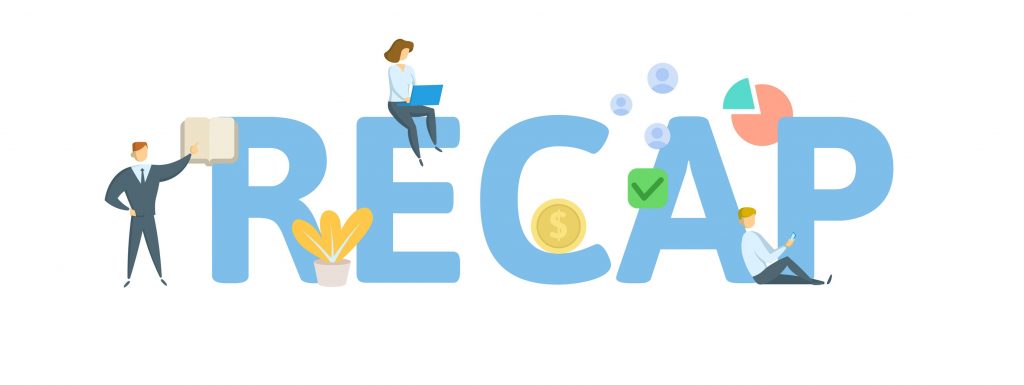End of Module 1
Congratulations! You have completed the first module of this course.

To recap:
Remote working is an arrangement that allows you to work from anywhere. It can also be referred to as freelancing, telecommuting, teleworking, work-from-home, flexible work, virtual work, and online work.
You can work remotely as long as you have the three (3) essential items: a stable internet connection, a reliable computer, and the right set of online applications.
When you work remotely, you can communicate via email, instant messengers, or project management tools.
There are five (5) reasons why people choose to work remotely: to save money, to have more job options, to stay in their hometown, to have more time with their families, and to have time for businesses and passion projects.
The difference between a corporate worker and a remote worker lies in the way they: prepare for work, travel to work, interact with others, and commute home, to name a few.
There are two main types of remote workers: 1.) an employee with a remote working set-up, and 2.) an independent contractor. Their main difference lies in their contractual arrangements, as well as their work hours, income, and the number of clients they’re allowed to have.
Remote working also comes with its own challenges, especially since most people are still skeptical of this work style. However, you will also discover many opportunities when you work remotely.
Not all work or job roles can be done remotely. Here are some job categories that are appropriate for remote work: Office / Admin (Virtual Assistants), Marketing and Sales, Graphics and Multimedia, Web Development, Software Development and Programming, and Finance and Management.

A remote worker needs to have certain technical and soft skills in order to thrive in remote working.
Technical Skills include:
- English language proficiency;
- computer literacy;
- digital communication skills;
- virtual project management;
- online research skills;
- familiarity with social media.
Soft Skills include:
- independence;
- discipline;
- responsible time management;
- proactiveness;
- written communication skills;
- ability to work well with others.
